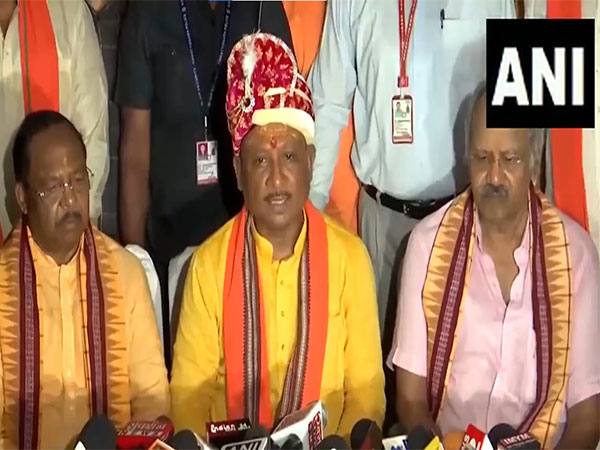Chhattisgarh's Bilingual Push: Local Languages in Tribal Education
The Chhattisgarh government plans to introduce local languages and dialects in primary education in tribal areas, aligning with the National Education Policy (NEP). Chief Minister Vishnu Deo Sai has directed the development of bilingual books in 18 local languages. The initiative aims to enhance education quality and cultural connectivity in tribal communities.

- Country:
- India
The Chhattisgarh government will soon integrate local languages and dialects into primary education in the state's tribal areas, as per the National Education Policy (NEP), an official announcement revealed on Sunday.
Chief Minister Vishnu Deo Sai has instructed the education department to develop and distribute bilingual textbooks in 18 local languages and dialects for this initiative, aiming to improve access and quality of education for tribal children, allowing them to learn in their mother tongue and maintain cultural ties.
This initiative forms a part of the broader NEP 2020 vision, making education more inclusive and accessible in native languages. During the 'Shala Pravesh Utsav' (school admission fest) on July 5, CM Sai emphasized that teaching materials would be translated into local dialects, and teachers would receive training in these languages.
School Education Secretary Siddharth Komal Pardeshi confirmed that school books are being prepared in 18 local languages. The first phase includes courses in Chhattisgarhi, Sargujiha, Halbi, Sadari, Gondi, and Kudukh, with input from local litterateurs, folk artists, compilers, senior citizens, and teachers.
Dinesh Sharma, Principal of High School Bagia, praised the move, highlighting the potential in tribal children and stating that education in their native dialect will offer them greater opportunities. The three-language formula in NEP 2020 requires that every Indian student learn three languages, with two being native Indian languages and the third being English.
(With inputs from agencies.)










